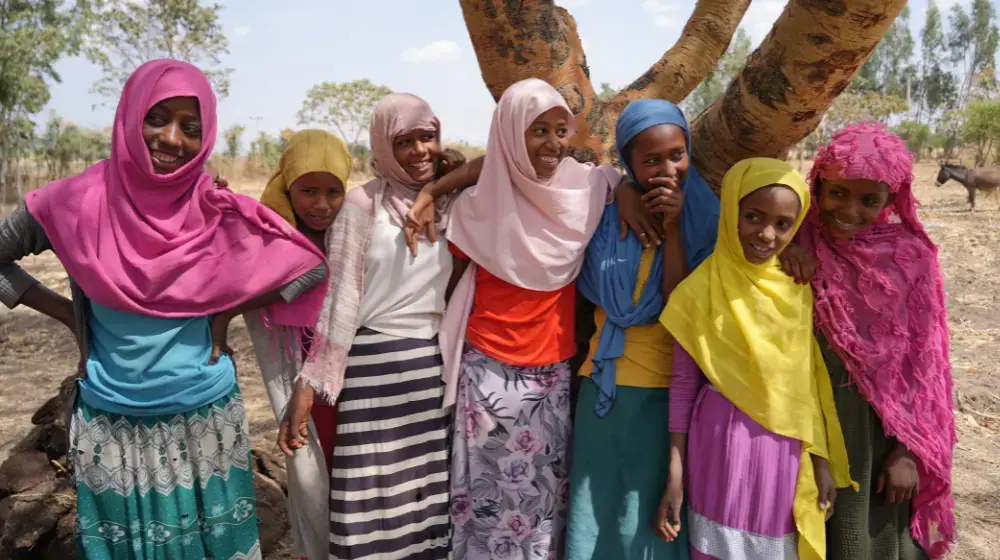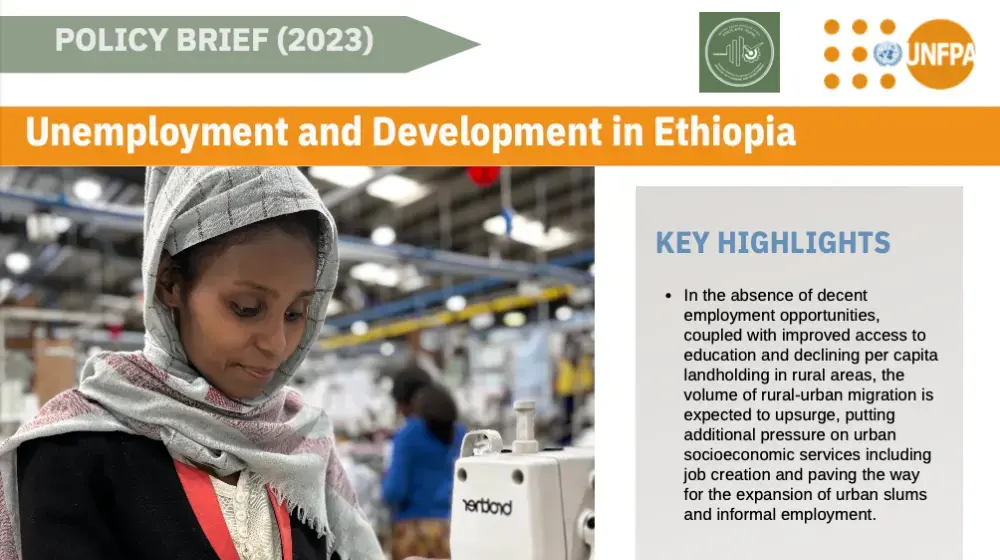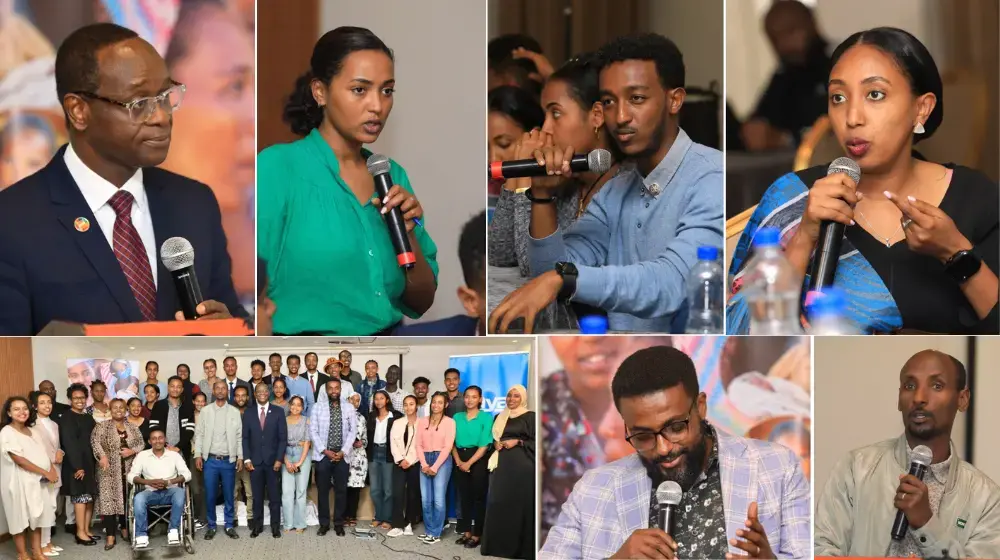UNFPA, the United Nations Population Fund, and the Population Council today organized an event to disseminate a survey titled "Ethiopia Young Adult Survey: A Study in Seven Regions." This population-based survey was conducted in 2009 in urban and rural areas of Addis Ababa, Afar, Amhara, Benishangul-Gumuz, Oromiya, Southern Nations, Nationalities, and People's Region, and Tigray.
The survey has a sample size of 19,000. The results cover a range of issues and provide up-to-date information on women and youth in Ethiopia in the age cohort 25 to 49 years and 12-24 years, respectively. The survey results underpin the living situations and vulnerability of women and young people focusing on themes related to, among others, HIV and service utilization; young people's transition to adulthood; family planning & safe motherhood; gender-based violence; and special populations of young people including commercial sex workers, street youth, disabled youth, university students, and pastoral youth.
The survey reveals a number of striking findings contesting assumptions and challenging the impact of blanket interventions targeted at young people. According to the survey, 20 percent of young people had lost one or both parents. Boys' social networks and participation were greater than girls; whereas 9 percent of boys reported having no friends, 21 percent of girls reported no friends. Less than one third of adolescents reported having discussions with their parents about HIV and AIDS, sex, and marriage. Fifty-eight percent of girls in the sample were circumcised. On the other hand, the survey reveals that young peoples' educational participation seems to be increasing, as reflected in increased rates of attendance across successive cohorts of young people. Moreover, over 90 percent of respondents had heard of HIV and AIDS and over 90 percent named sexual intercourse as a mode of transmission.
The information drawn from the survey is expected to serve as the baseline survey for four new initiatives in Ethiopia related to adolescent health and development, gender-based violence, women's empowerment, and female genital cutting/mutilation. The survey achieved a 97 percent response rate and has revealed considerable differences in the situations of young men and young women, as well as differences in the experience of urban and rural youth.
Government officials and representatives of donors, diplomatic missions, Civil Society Organizations and other invited guests attended the dissemination event.




